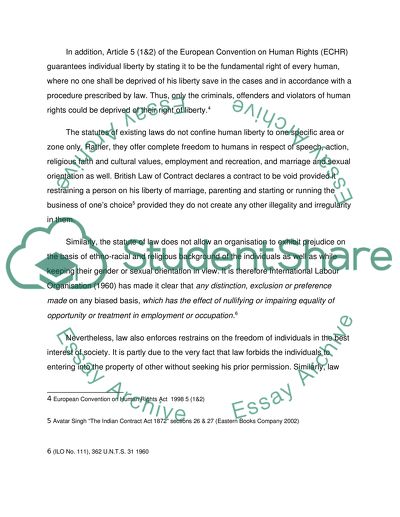Cite this document
(“Jurisprudence Essay Example | Topics and Well Written Essays - 3000 words”, n.d.)
Jurisprudence Essay Example | Topics and Well Written Essays - 3000 words. Retrieved from https://studentshare.org/law/1403033-jurisprudence
Jurisprudence Essay Example | Topics and Well Written Essays - 3000 words. Retrieved from https://studentshare.org/law/1403033-jurisprudence
(Jurisprudence Essay Example | Topics and Well Written Essays - 3000 Words)
Jurisprudence Essay Example | Topics and Well Written Essays - 3000 Words. https://studentshare.org/law/1403033-jurisprudence.
Jurisprudence Essay Example | Topics and Well Written Essays - 3000 Words. https://studentshare.org/law/1403033-jurisprudence.
“Jurisprudence Essay Example | Topics and Well Written Essays - 3000 Words”, n.d. https://studentshare.org/law/1403033-jurisprudence.


